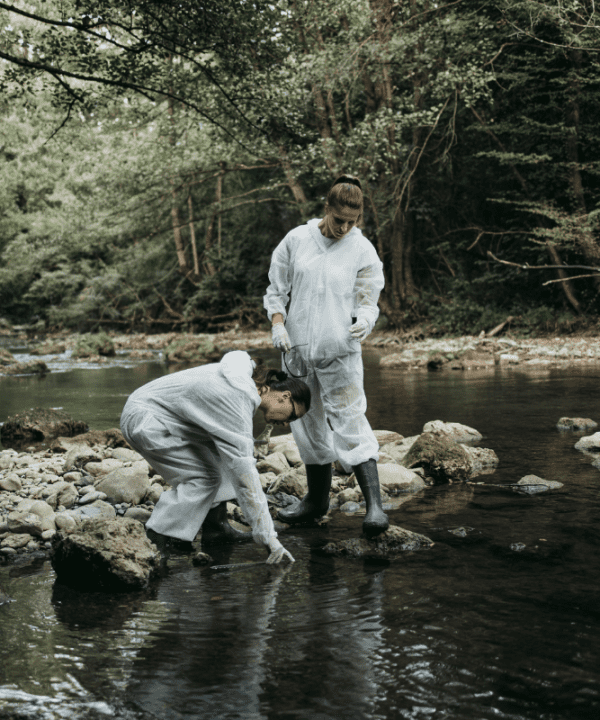
PROJECT DETAILS
- Project No 1124
- Project Name Understanding impacts of recreational access to drinking water catchments and storages in Australia
- Lead Organisation Water Research Australia
- Research Lead Natural Logic
- Main Researcher Dr Karla Billington
- Completion Year 2023
Project Description
Source water protection underpins the safety and affordability of drinking water supplies where the prevention of water contamination provides greater surety than removal of contaminants. The Australian Drinking Water Guidelines emphasises the protection of source waters to the maximum degree possible as part of the multiple barrier approach to mitigate possible contamination.
Meanwhile, water utilities have been placed under increasing pressure to introduce or increase recreational access to drinking water catchments and water storages. There is also a lack of consensus around the impacts of different types of recreational access across Australia.
This project will summarise the current state of play of recreational access in Australia, report on the risks associated with different types of access, outline the types of cost benefit analyses that utilities can use when assessing recreational access, and promote a national understanding of risk to public health and water security.





